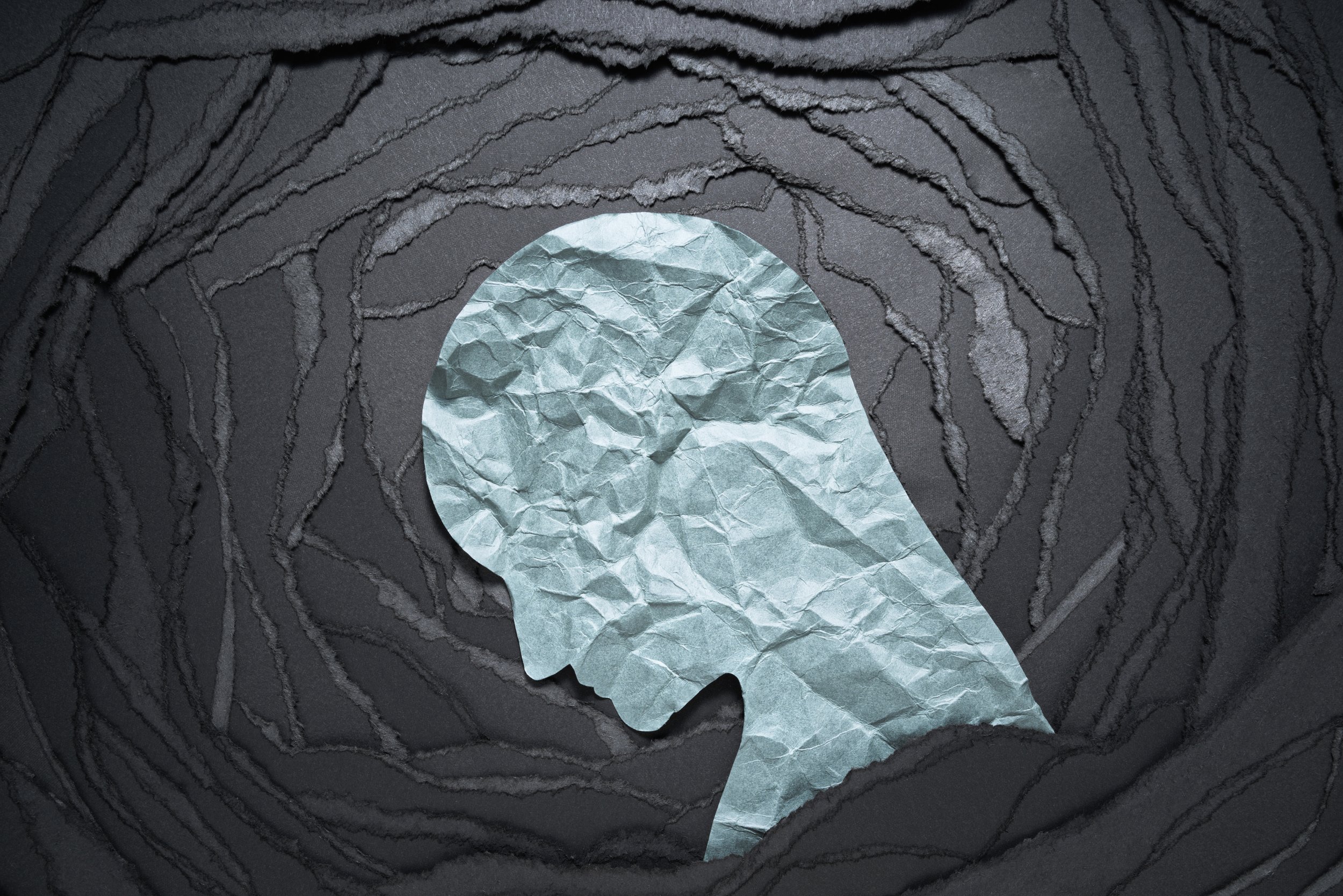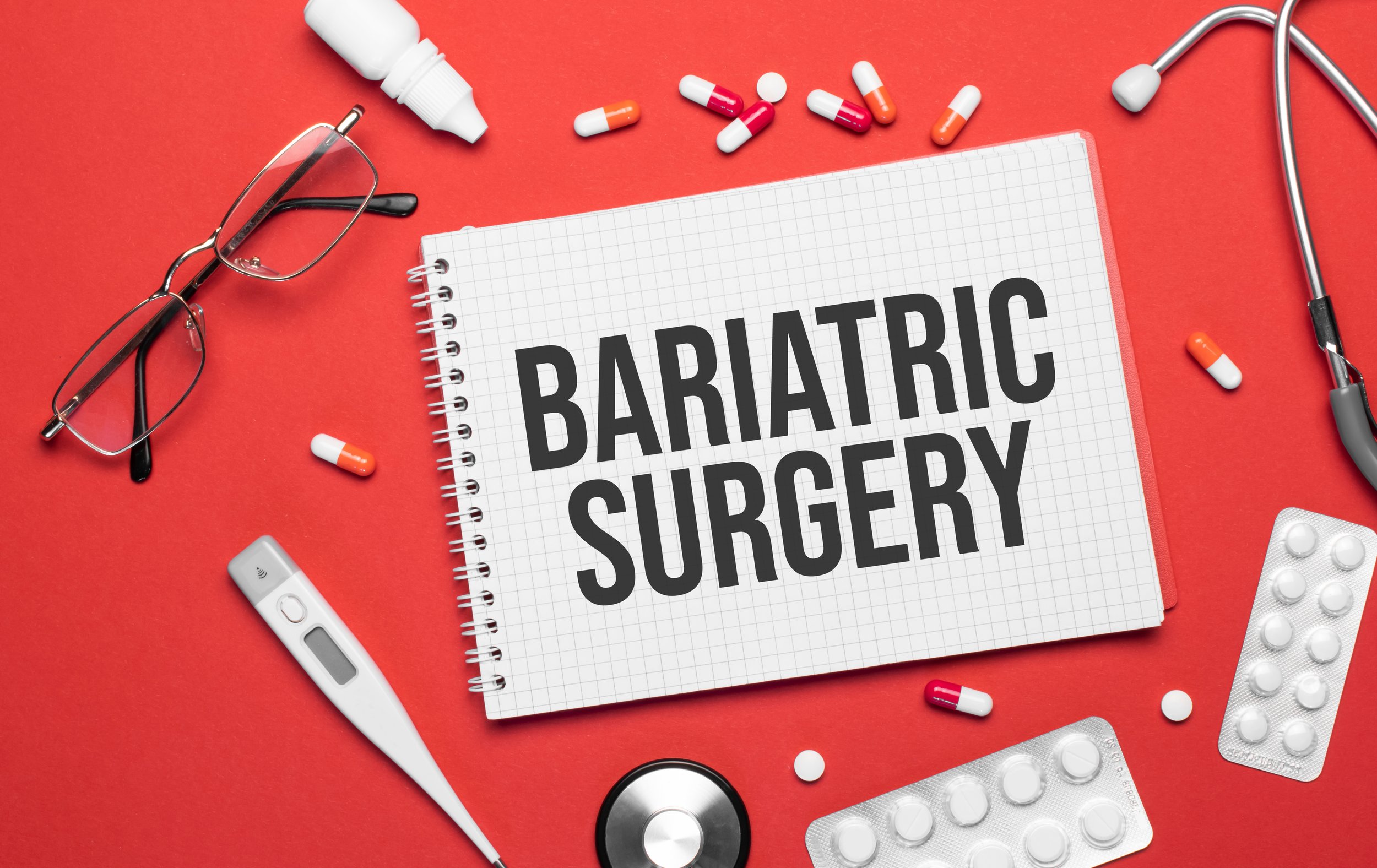Bariatric surgery has been a life-changer for many, helping people lose weight and improve their health. It’s often seen as the ultimate solution for those dealing with obesity. Still, it’s important to remember that while it can transform your body, it doesn’t necessarily solve the emotional and psychological challenges that come with it. Self-esteem is one of the most significant areas that Bariatric surgery doesn’t address. The truth is that weight loss surgery may change how you look on the outside, but it doesn't always fix how you feel about yourself on the inside. In this post, you will learn about the following:
1. The link between obesity and self-esteem,
2. Why Bariatric surgery doesn’t always fix those deeper emotional issues, and
3. What you can do to improve your self-esteem during your weight loss surgery journey.
Obesity and Self-Esteem: What’s the Connection?
Self-esteem is how we feel about ourselves and see our worth. For many people dealing with obesity, their body image has a significant impact on their self-esteem. They might feel bad about their appearance because of the stigma attached to obesity or the pressure to meet specific body standards. These feelings can lead to shame, guilt, and frustration, making it harder to feel good about themselves. The influence of social media and advertising can intensify these feelings. Obesity can, and often does, create a cycle of negative self-talk. The more someone struggles with body image, the more they may engage in unhealthy habits, like overeating or avoiding exercise, which can lead to more weight gain and worsen their feelings of self-worth. It can become a vicious cycle with no off-ramp in sight. Over time, the emotional toll of this cycle can be just as damaging as the physical effects.
Why Bariatric Surgery Doesn’t Fix Self-Esteem Issues
While Bariatric surgery can lead to significant weight loss, it’s not a quick fix for the deeper emotional and psychological issues that often come with obesity. Many people are surprised to find that, even after losing a lot of weight, they still struggle with the same feelings of low self-esteem. Here’s why: Body Image Doesn’t Just Change Overnight
After Bariatric surgery, you may lose a lot of weight, but your body still might not match the image of yourself that you’ve held in your mind for years. Loose skin, scars, and changes in appearance can leave you feeling self-conscious. Even though you’ve physically changed, you may still feel uncomfortable in your new body, and it may take time to adjust to these changes. Body dysmorphia is a real thing for Bariatric patients.
Emotional Eating Habits Don’t Just Disappear
Bariatric surgery reduces the amount of food you can eat, but it doesn’t address the emotional triggers that may have led to overeating in the first place. Many people use food to cope with stress, anxiety, or depression. Emotional eating or binge eating is no longer an option to use as a coping mechanism after Bariatric Surgery (without some pretty unpleasant consequences!). These behaviors can continue without proper support, keeping you stuck in the same emotional patterns or engaging in self-defeating behaviors.
The Need for Mental Health Support
Bariatric surgery is often a medical procedure focused on the physical body, but mental health is just as crucial for long-term success. People who receive psychological support, whether through therapy or support groups, are more likely to experience lasting improvements in their physical and emotional well-being. If you don’t address the psychological side of weight loss, you might still struggle with self-esteem, anxiety, or depression, even after losing weight.
The “I’ll Be Happy When” Trap
Many people believe that if they lose weight, they’ll finally be happy. While Bariatric surgery can improve your health and quality of life, it doesn’t automatically fix your self-esteem. Happiness and self-worth aren’t tied to a number on the scale! When you rely on weight loss to solve everything, you might feel disappointed or frustrated if the change doesn’t bring the expected happiness.
Pressure to Keep the Weight Off
After surgery, there’s often a lot of pressure to keep the weight off, follow the dietician's recommended eating plan, and meet others’ expectations. This pressure can lead to feelings of stress, guilt, and anxiety. If you don’t meet these expectations or experience setbacks, it can negatively affect your self-esteem and cause you to feel like you’re not good enough. This is one of the reasons Bariatric patients drop out of their program, mainly if a regain has occurred.
What Can You Do to Build Self-Esteem After Bariatric Surgery?
While Bariatric surgery is a significant life change, it’s essential to focus on the emotional and mental side of your journey, too. Here are some steps you can take to improve your self-esteem while navigating the physical changes:
1. Get Therapy or Counseling
It’s really important to work on your mindset along with your physical health. Therapy, especially Cognitive Behavioral Therapy (CBT), can help you address negative thoughts, body image issues, and emotional eating habits. Therapy can also help you develop better coping skills for stress and improve your self-esteem. When you feel better, you do better!
2. Surround Yourself with Positive Support
A strong support system is key. Whether it’s friends, family, or a Bariatric support group, having people who encourage and uplift you can make a huge difference. Having others who understand your struggles can help you feel validated and less alone. Have you ever heard that ‘it takes one to know one?’ It’s true! Research has shown that Bariatric patients have better outcomes when participating in Bariatric Support Group Meetings.
3. Practice Self-Compassion
Be kind to yourself. Accept that this journey is a process, not an event, and it’s okay to have setbacks. Instead of focusing on perfection, try to be more understanding and gentle with yourself. Celebrate the small wins along the way, and remember that you are worthy of love and respect at every stage of your journey. Talk to yourself like you would a good friend.
4. Focus on a Healthy Relationship with Food
After surgery, working on developing a healthier relationship with food is essential. This means eating mindfully, listening to your body, and addressing any emotional triggers that lead to overeating. Seeking help from a therapist or counselor who specializes in emotional eating can be beneficial in this area.
5. Set Realistic Expectations
Understand that weight loss and self-esteem go hand in hand, but they don’t define who you are. Setting realistic goals for yourself, both physically and emotionally, is essential. Focus on health and happiness rather than just appearance, and remember that lasting change comes from the inside.
Final Thoughts
Bariatric surgery can help you lose weight and improve your physical health, but it doesn’t automatically fix your self-esteem or emotional well-being. The journey to better self-esteem requires more than weight loss — it takes self-compassion, support, and therapy to heal emotionally and build confidence. There is no shame in seeking counseling or therapy. The only shame is depriving yourself of a resource that could make a difference.
If you’ve had Bariatric surgery or are considering it, remember that your emotional health is just as important as your physical health. You can create lasting change and achieve a healthier, happier life by addressing your mental well-being, building a supportive network, and practicing self-love.
You’re worthy of love and respect — just as you are.






